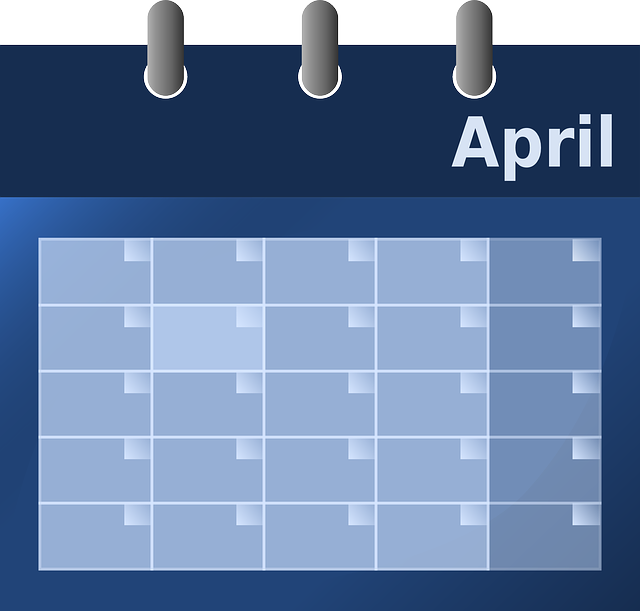Psychologists have found that focusing on things we can’t control, don’t have, and keeping our thoughts on the past and the future can be frustrating, or keep us “stuck” in an uncontrollable cycle of negativity. These are exactly the tactics used by the media, especially in today’s news cycles that make many angry and even lass out in violence.
 Focusing on things they can’t control
Focusing on things they can’t control
When people focus on things they can’t control, they are essentially giving up their power. They are also setting themselves up for disappointment and frustration. This is because they are expecting things to happen in a certain way, but they have no control over whether or not they actually do.
For example, someone might focus on the weather forecast for their vacation. If the forecast is for rain, they might start to worry and feel anxious. They might even cancel their vacation altogether. However, the weather is something that is completely out of their control. There is nothing they can do to change it.
Another example is someone who is worried about getting sick. They might start to avoid social situations and constantly check the news for updates on the latest pandemic. However, there is no way to guarantee that they will not get sick. They can only take steps to reduce their risk, such as washing their hands frequently and wearing a mask.
Focusing on things they don’t have
When people focus on things they don’t have, they are essentially setting themselves up for dissatisfaction. They are also more likely to compare themselves to others and feel inadequate. 
For example, someone might focus on the fact that they don’t have a lot of money. They might start to feel jealous of people who are wealthy. They might also start to make excuses for why they don’t have more money. However, focusing on what they don’t have will only make them feel worse. It is better to focus on what they do have and be grateful for it.
Another example is someone who is unhappy with their job. They might focus on all the things they don’t like about their job, such as the long hours, low pay, or difficult coworkers. However, focusing on the negative aspects of their job will only make them feel more miserable. It is better to focus on the positive aspects of their job and be grateful for the opportunity to work.
Thinking of the past and the future
When people think too much about the past, they can get stuck in a cycle of regret and self-criticism. They might start to dwell on their mistakes and missed opportunities. This can lead to negative emotions such as guilt, shame, and depression.
When people think too much about the future, they can get stuck in a cycle of worry and anxiety. They might start to catastrophize and imagine all the worst-case scenarios. This can lead to stress and difficulty sleeping.
It is important to remember that the past is gone and the future is unpredictable. The only thing we can control is the present moment. So, it is best to focus on the present moment and make the most of it.
The National Institute of Health (NIH) has published a number of articles on the cognitive impact of past behavior, including its influences on beliefs, attitudes, and future behavioral decisions. Here are a few examples, with links:
- The Cognitive Impact of Past Behavior: Influences on Beliefs, Attitudes, and Future Behavioral Decisions (https://pubmed.ncbi.nlm.nih.gov/10909874/)
This article reviews the research on how past behavior influences future behavior. It discusses a number of different theories and models, including self-perception theory, dissonance reduction theory, and behavioral heuristics. The article also presents evidence that past behavior can influence beliefs and attitudes, even independently of the consequences of that behavior.
- Cognitive Health and Older Adults (https://www.nia.nih.gov/health/cognitive-health-and-older-adults)
This article discusses the importance of cognitive health for older adults. It defines cognitive health and reviews the factors that can affect it, including age-related changes in the brain, injuries, mood disorders, substance use disorders, and diseases such as Alzheimer’s disease. The article also provides tips for maintaining cognitive health, including eating a healthy diet, exercising regularly, keeping your mind active, staying connected with social activities, and managing stress.
- How Past Behavior Influences Future Decisions (https://www.ncbi.nlm.nih.gov/pmc/articles/PMC4807731/)
This article discusses how past behavior can influence future decisions, even when we are not explicitly aware of it. It describes a study in which participants were led to believe that they had previously expressed either support or opposition to a particular policy. The study found that participants’ perceptions of their past behavior influenced their decisions about the policy, even when they were not explicitly thinking about it.
The NIH’s research on the cognitive impact of past behavior has important implications for understanding how people make decisions. It suggests that our past behavior can play a significant role in shaping our beliefs, attitudes, and future choices. This research can be used to develop more effective interventions to help people change their behavior and make better decisions.
Solutions:
Here are some tips for avoiding getting stuck in the past and the future: 
- Live in the present moment. Practice mindfulness and meditation to help you stay present. To live in the present moment, try mindfulness exercises such as meditation or yoga. You can also simply take some time each day to focus on your breath and to be aware of your surroundings.
- Focus on gratitude. Take some time each day to think about the things you are grateful for. To focus on gratitude, try keeping a gratitude journal or simply taking some time each day to think about the things you are grateful for.
- Let go of the past. Forgive yourself for your mistakes and learn from them. To let go of the past, try writing down your regrets and then burning or burying them or just throwing them into the trash.
- Don’t worry about the future. Instead, focus on setting goals and making a plan to achieve them. This will give you a sense of control over your life and help you to feel more confident.
If you find yourself getting stuck in the past or the future, it is important to reach out for help. Talk to a therapist or counselor who can help you develop coping mechanisms and strategies for living in the present moment.
https://wellbeing.jhu.edu/blog/2022/01/04/how-to-handle-a-stressful-news-cycle/




